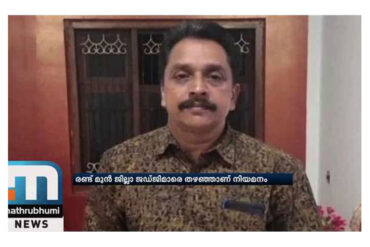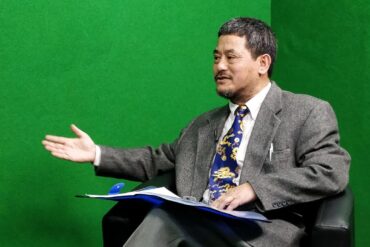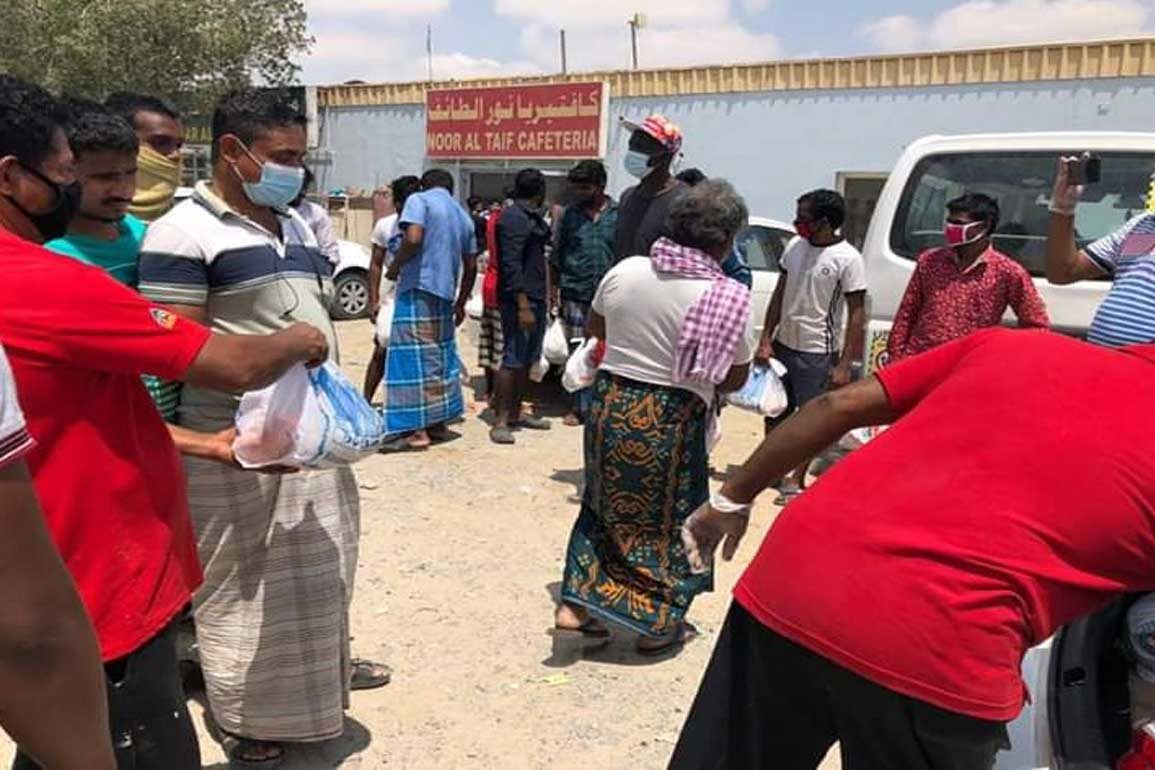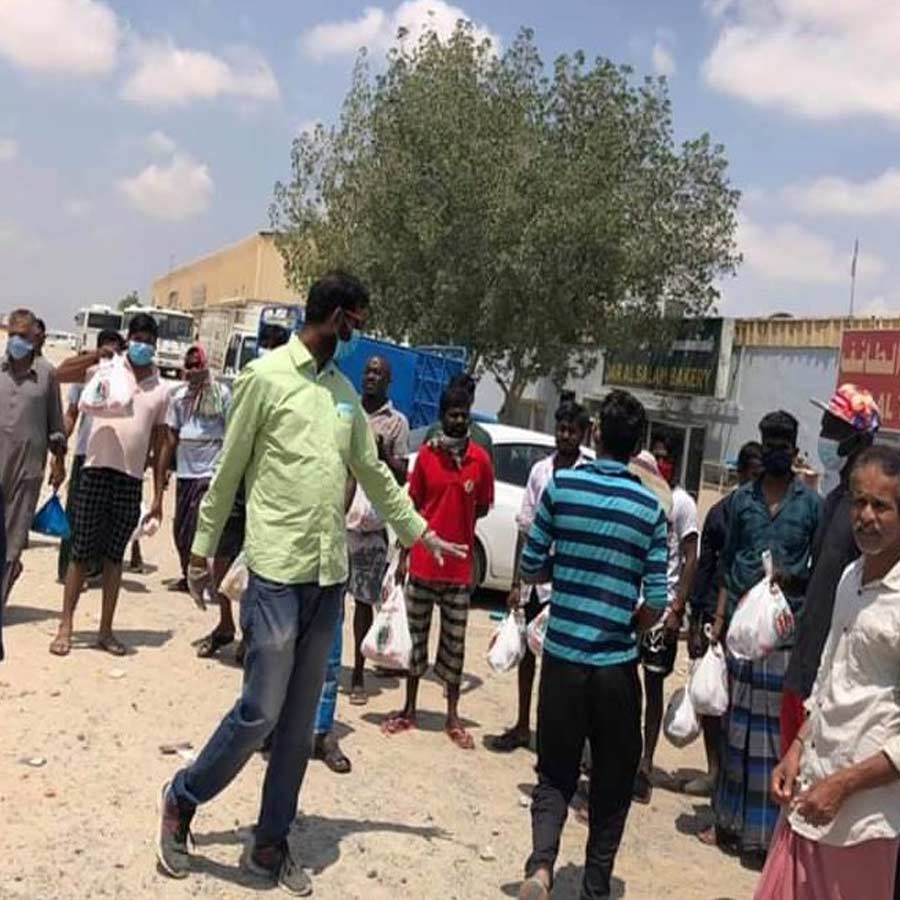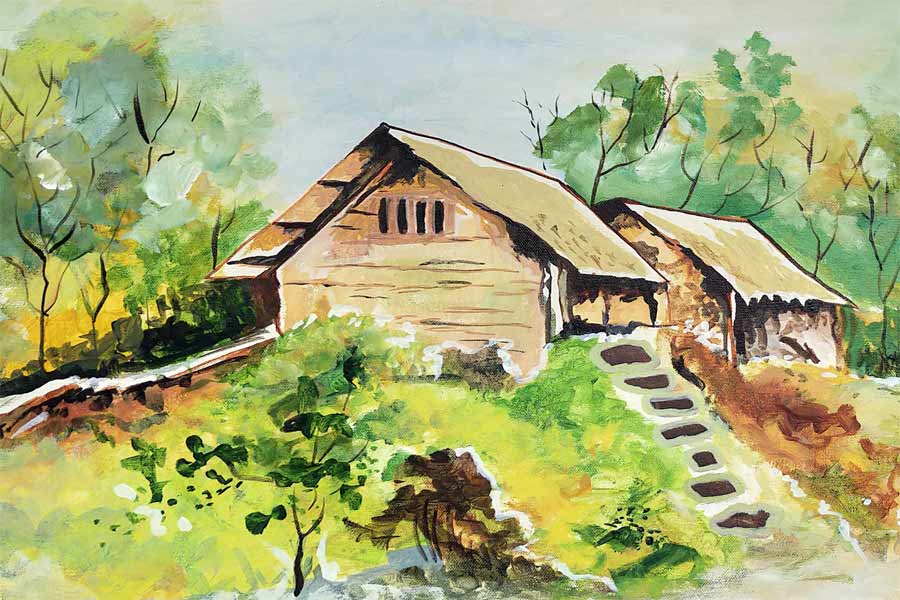The Non-resident Keralites in the Gulf countries are facing the biggest crisis during this pandemic, far worse than the 2008 global recession. They fear pandemic-related death and health issues even as they face layoffs and pay cuts. Over 50 Keralites have died due to the pandemic in the Gulf countries.
Most of the companies functioning in the Gulf Cooperation Council (GCC) countries have started cutting 30 to 40 per cent of the salaries of their employees and laying off many of them in the midst of Covid-19 pandemic to ease the related slump in their revenues.
Meanwhile, small-time establishments in GCC are firing their workers and employees without settling their salaries and other benefits like gratuity. Many of the companies have turned staff quarters into quarantine camps to shelter their employees who have tested positive. “We are not happy with the health system in place in UAE. An NRI woman in Sharjah who went to the hospital for a Covid-19 test after her husband contracted the virus was put on the waiting list for the test and was asked to come after 10 days. It was after the intervention of different NRI organizations, she was finally tested and was found positive. Her brother tested positive too. Her husband has now tested negative after being in quarantine,” said an activist from Kerala while speaking to The Kochi Post requesting anonymity.
The activist also said that in the construction firm where he is employed 22 employees had submitted their samples for testing more than a week ago and 15 were found positive for Covid-19. “Though our driver tested positive, my result was negative. Out of the fifteen positive, eight persons have now tested negative and are waiting for the next tests to confirm they don’t have the disease to leave the hospital/quarantine,” he said.
“Nearly 50 Keralities, who contracted the disease in the Gulf region have now succumbed to the disease and the NRIs say there is an element of fear following those deaths,” Shiju Padman, an active worker of NRI organization Ekatha said. He had returned to India, before the Covid-19 outbreak and is constantly in touch with his friends in UAE through WhatsApp groups.
Getting proper medical care in time for positive cases is another major issue. The direction given by the Dubai Health Authority (DHA) is that if one is tested positive, they need to register online with the DHA and would then get advice while being in self-quarantine. If the patient develops severe health issues like breathlessness, it needs to be updated online by the patient and then an ambulance will arrive to take the patient to the hospital. The NRI groups doing volunteer work, like providing food for those patients and jobless Keralities, disclosed this to The Kochi Post.
Vande Bharat Mission
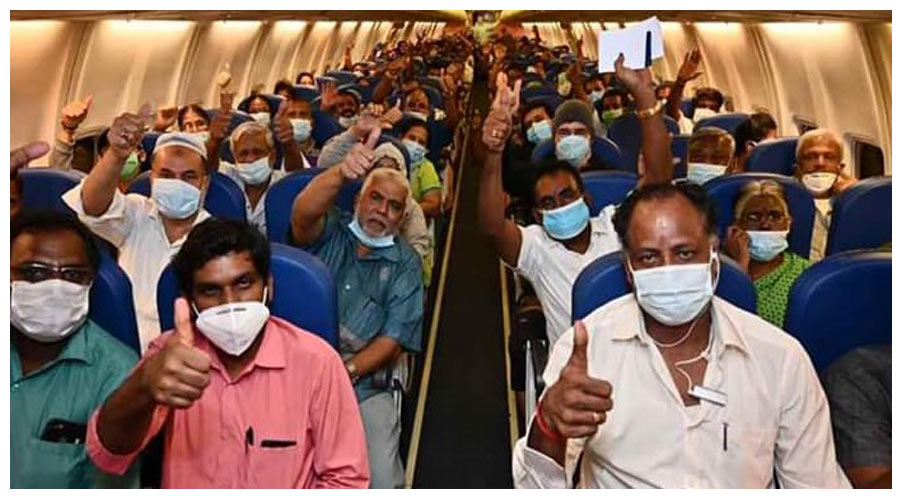
There are also several complaints regarding the Indian Embassy preparing the list of the peopls who are chosen to fly back to India on Vande Bharat Mission (VBM) flights.
Speaking to The Kochi Post, Seebow Sasi from Alappuzha, who works as a senior surveyor with a construction firm in Dubai and is active on social media on NRI issues, said that a friend of his who was fired from his job four months ago is now finding it difficult to get a ticket on the VMB flights. “This man is from Chengannur and does not have money for for his rent and daily bread. He borrowed 200 Dirham from someone yesterday to pay his rent and the NRI groups are providing food to him. He has been sending mails to the Indian Embassy on a daily basis for the past two weeks since the VBM flights started operations.” The embassy is yet to respond to him. “While people like him are struggling, a senior official in a firm like National Medical Centre Healthcare, founded by the controversial businessman B R Shetty, who is facing charges of financial fraud in UAE, managed to get seats on the VBM flight along with four other family members and a domestic help,” Sasi said.
He pointed out that this clearly shows the embassy was under pressure to include such ‘influential’ persons. “The embassy needs to show more care to fly home people like my friend who are finding it tough to meet their daily expenses now in UAE,” he noted.
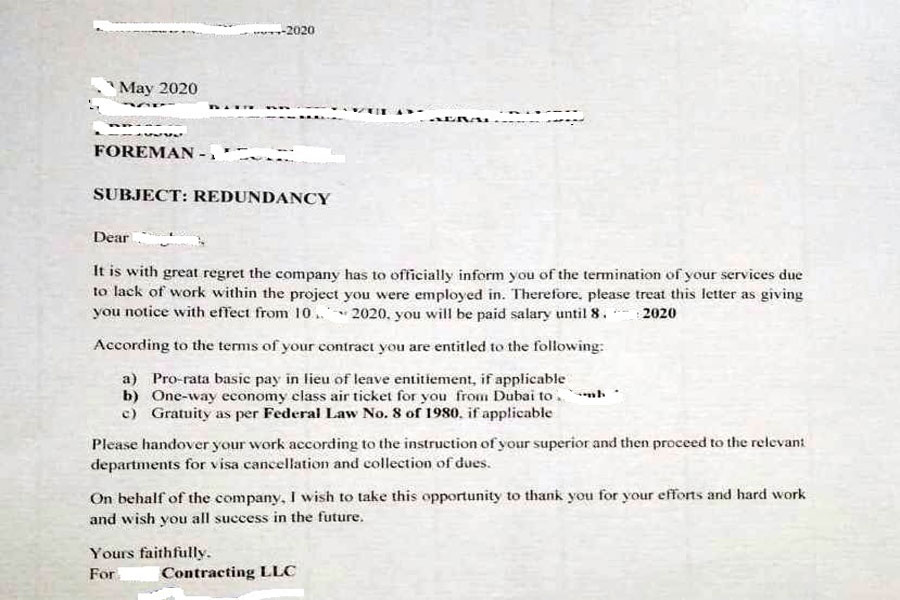
The sign of severe economic crisis has clearly started showing as top construction firms like DBB Contracting have started sacking some of its employees and workers. A supervisor with the firm who was engaged in the facility management of the Midfield international airport in Abu Dhabi said that he had been shown the door by the company but only after settling all his dues and benefits like gratuity.
“The company has said in its letter that it will be providing me tickets to fly back home in June. Now, I am sitting idle in the company’s staff camp in Jebel Ali. There is severe corona scare and it is not safe to go out to buy even essential commodities from super markets. However, we have to go out to get food items and grains to sustain ourselves,” he noted. He said that only a few companies had laid off their employees like DBB. For rest of the companies, the labourers and employees are not given their due salaries and there is not even talk about their benefits.
S Irudaya Rajan of Centre for Development Studies (CDS), Thiruvananthapuram, who has done several studies on NRIs and migrants, said that the total number of NRIs returning from gulf region could be assessed only by September 2020. “The Covid-19 scare is here to stay and only by 2021 a clear picture of the economy in Gulf regions will emerge. Out of the 100 lakh NRIs from India, 25 lakh are from Kerala and 90 percent of them are in Gulf. Whether the economy in Gulf counties will re-emerge offering jobs can be known only after six month’s time,” he noted.
According to the 2018 migrant survey of CDS there are nearly 19 lakh Keralites (NRKs) in GCC and of this 1.5 lakh persons in Gulf have now registered with VBM to return home.This number of Gulf returnees due to job loss and Covid scare is bound to rise as several among them have at present failed to be part of VBM.




